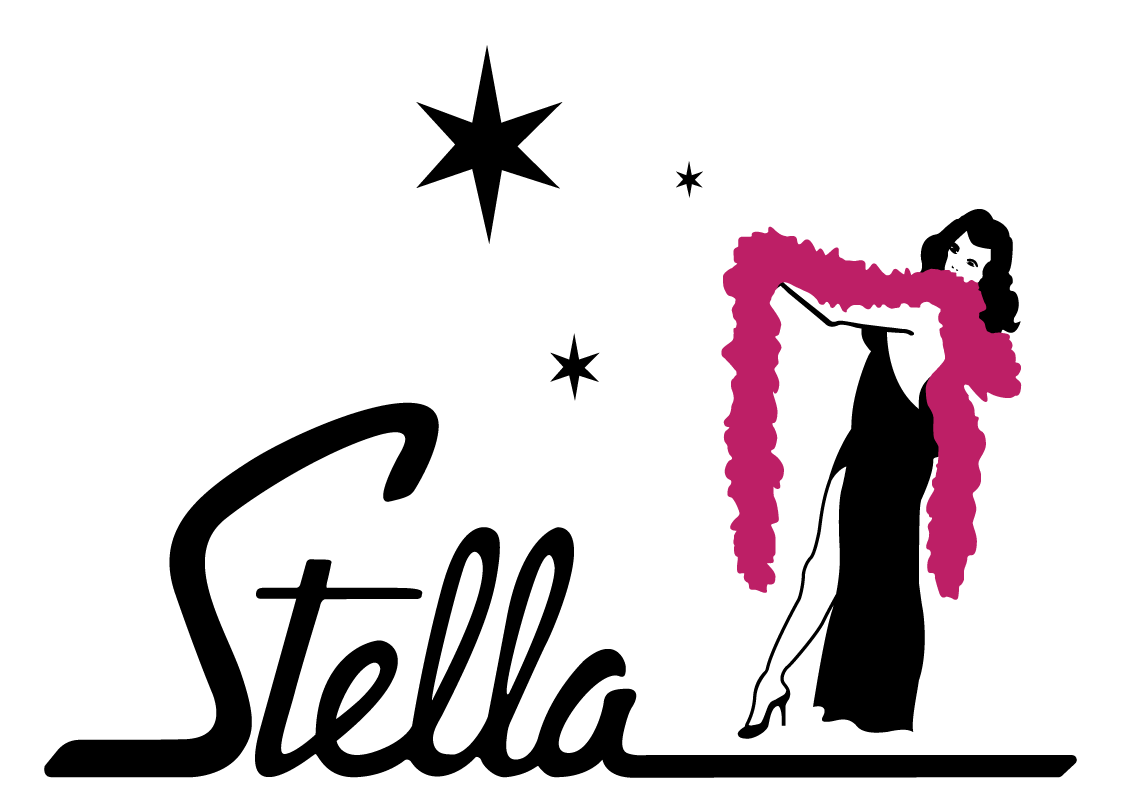We will not allow sex workers to be silenced
Sandra Wesley et Jenn Clamen, porte-paroles de Stella, l’amie de Maimie – un organisme Montréalais pour les droits des travailleuses du sexe depuis 1995.
Les cosignataires de cette lettre sont cinquante organismes nationales et québécoises féministes, de lutte contre la pauvreté, de défense des droits des personnes en situation d’itinérance, de santé et de défense des droits de la personne, profondément préoccupées par l’impact de la criminalisation et des idéologies carcérales sur les communautés marginalisées.
June 2nd is International Sex Workers’ Day – when, in 1975, approximately 100 sex workers occupied Saint-Nizier Church in Lyon, France, to express their anger about their criminalized and exploitative living conditions. It is one of the moments where sex workers have fought for equality and an end to the criminalization of their lives. June 2nd is also the date of the 4th World Congress for the Abolition of Prostitution, taking place in Montreal between June 1-3rd, 2024. This congress will bring hateful discourse with the explicitly stated goal of eradicating sex workers and promoting repressive policies against some of Montreal’s most marginalized communities.
Prohibitionist ideology has had a significant impact on the health, safety, and human rights of people selling or trading sex. It promotes criminalization and law enforcement in the lives of the most marginalized women in our communities, it silences and denigrates the voices and experiences of people who work in the sex industry, and it contributes to social and institutional violence and stigma that results in discrimination towards sex workers in health, social, legal and other institutional services that sex workers may need to access to address these oppressions. Any action focused on “abolishing” sex workers’ existence is incompatible with the goal of improving living and working conditions, and ending violence and all forms of exploitation.
This gathering brings together some of the biggest names in prohibitionist, pro-carceral, the religious right, and anti-trans circles. As national and local feminist and equality-seeking organizations, we cannot support Montreal being used as a site to strategize about silencing and harming women. Sex workers are valuable members of our communities who deserve human rights protection, not eradication.
We, feminists and equality-seeking advocates from National and Montreal organizations believe in true substantive equality: active inclusion of the marginalized communities who are experiencing violence even when it challenges us, listening to people affected, centring the most marginalized, and fighting the harms of the carceral system in the lives of women who are over-policed and under-protected. We believe in supporting women where they are at, and not excluding them from services because of the way they earn their money. We believe in removing obstacles for marginalized women that prevent them from accessing employment, housing, and other opportunities. We want to send a clear message to all women who sell or have sold sex, regardless of the circumstances, that we stand in solidarity with you and denounce all forms of violence, including the kind of violence promoted by events such as this one.
National: Abolition Coalition; Action Canada for Sexual Health and Rights; Amnesty International Canada; Amnesty International Canada Francophone; Canadian Alliance for Sex Work Law Reform; Canadian Center for Women’s Empowerment; Canadian Public Health Association; Canadian Women’s Foundation (CWF); DAWN Canada; Egale Canada; Enchanté Network; Global Alliance Against Trafficking in Women (GAATW) Canada; HIV Legal Network; Law and Society Association, Sex, Work, Law and Society Collaborative Research Network 6 (CRN6); Médécins du Monde Canada; The Society of Queer Momentum; Women’s Legal Action Fund (LEAF/FAEJ)
Québec: Action Santé Travesties et Transexuelles du Québec (ASTTeQ); Action LGBTQ avec les immigrant-e-s et les réfugié-e-s (AGIR); Alterhéros (Montreal, QC); Association Québécoise pour la promotion de la santé des personnes utilisatrices de Drogues (AQPSUD); Blitss; Cactus; West Island CALACS; South Asian Women’s Community Centre; Centre de femmes La Marie Debout; Centre for Gender Advocacy; Centre de solidarité lesbienne; Centre sida action Montreal; Cirque Hors Piste; Coalition des organismes communautaires québécois de lutte contre le sida (COCQ-Sida); Comité autonome du travail du sexe (CATS); Concordia University, Simone de Beauvoir Institute; Dopamine; Émissaire; Fédération des femmes du Québec (FFQ); Femmes du Monde à Côte-des-Neiges; Fierté Montréal; Geipsi; House of Barbara; Iris Estrie; La Dispensaire; La Maison Marguerite; La Réplique Estrie; Le Centre des R.O.S.É.S. de l’Abitibi-Témiscamingue; Le Service d’intervention de Proximité; Le Piamp; Maison Plein Cœur; Maison Ré-ne Inc, Trois Rivières; Miels Québec; Montreal Native Women’s Shelter, Iskweu Project; Passages; Point de repères; Portail VIH/sida du Québec (PVSQ); Réseau d’aide aux personnes seules et itinérantes de Montréal (RAPSIM); Réseau de la santé sexuelle des sourds du Québec (RSSSQ); Rézo; Sexual Assault Centre of the McGill Students’ Society (SACOMMS); Sidalys; Solidarity Across Borders; Spectre de rue; Sweet Like Honey; Tandem Mauricie; Toxic-Actions
